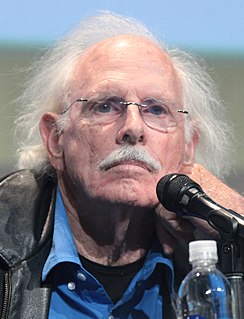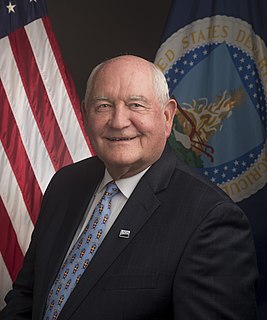A Quote by Rhys Ifans
On a conventional film, you do one take, and if it's good, they say, 'Let's do another one for insurance.'
Related Quotes
Ramesh Ponnuru and others say Obama is a conventional liberal. But conventional liberals don't come out for the release of the Lockerbie bomber. Conventional liberals don't return the bust of Winston Churchill from the Oval Office. Conventional liberals don't block oil drilling in America while subsidizing oil drilling in Brazil.
Advertising is the best insurance that you can take out on your business. You can buy fire insurance on your stock of goods, but no company will issue a policy covering your business, the good will as they sometimes call it. You must insure yourself, and the best way to do it is by advertising. Good advertising kept up for a number of years gives you something that no fire can take away.
The premise of insurance is to spread the risk. It's the premise of homeowner's insurance, of car insurance, and of health insurance. It's one reason why it's important to have insurance when you're healthy, so that when you get sick, you won't go sign up just when you get sick, because that increases the cost for everyone.
Now I realize that I have to let everyone take what they have to take from the film. No matter what I think about the film, it becomes a little irrelevant. I think I would say that the film is trying to show us that - and I spoke about that earlier - we have to let the teachers invest in their own classroom. There's no use in trying to control everything. Education is fundamental.
How do commercial interests usually protect themselves from liability claims? Through insurance. In fact, in our society, the litmus test for safety is insurance. You can be insured for almost anything if you pay enough for the premium, but if the insurance industry isn't willing to bet its money on the safety of [biotechnology], it means the risks are simply too high or too uncertain for them to take the gamble.




































